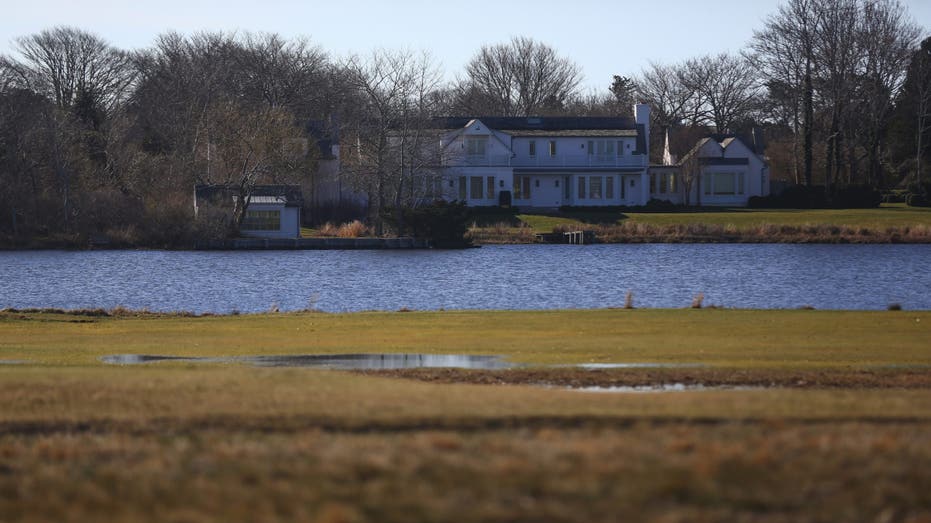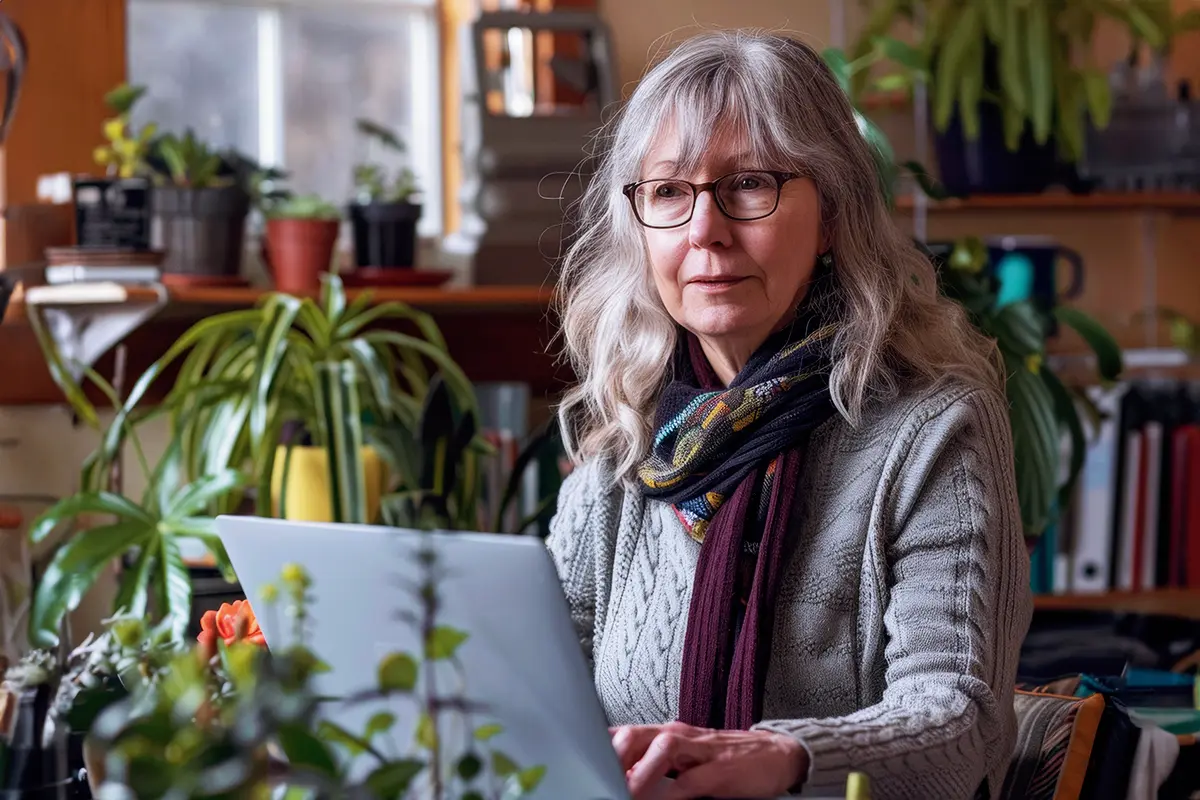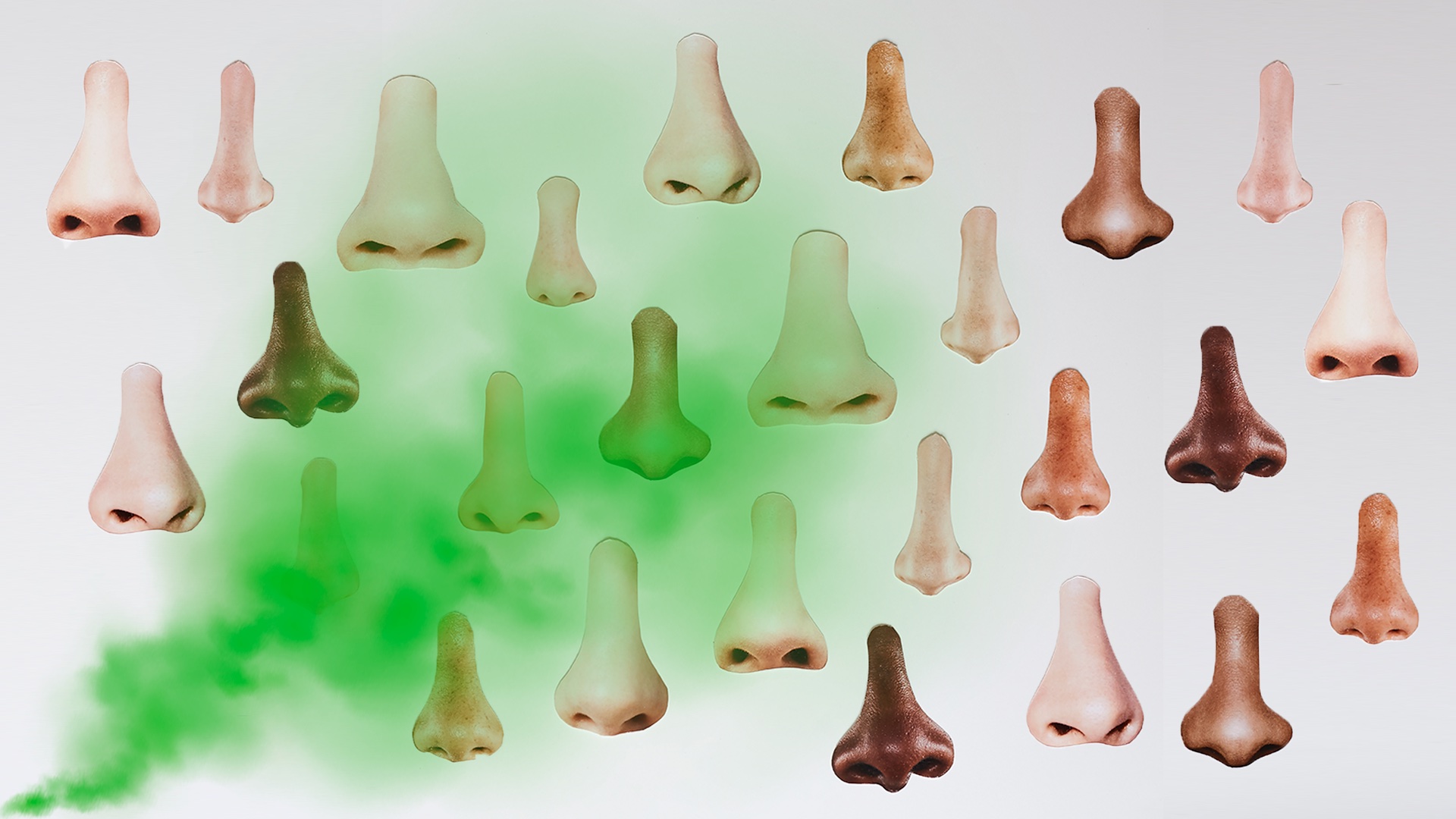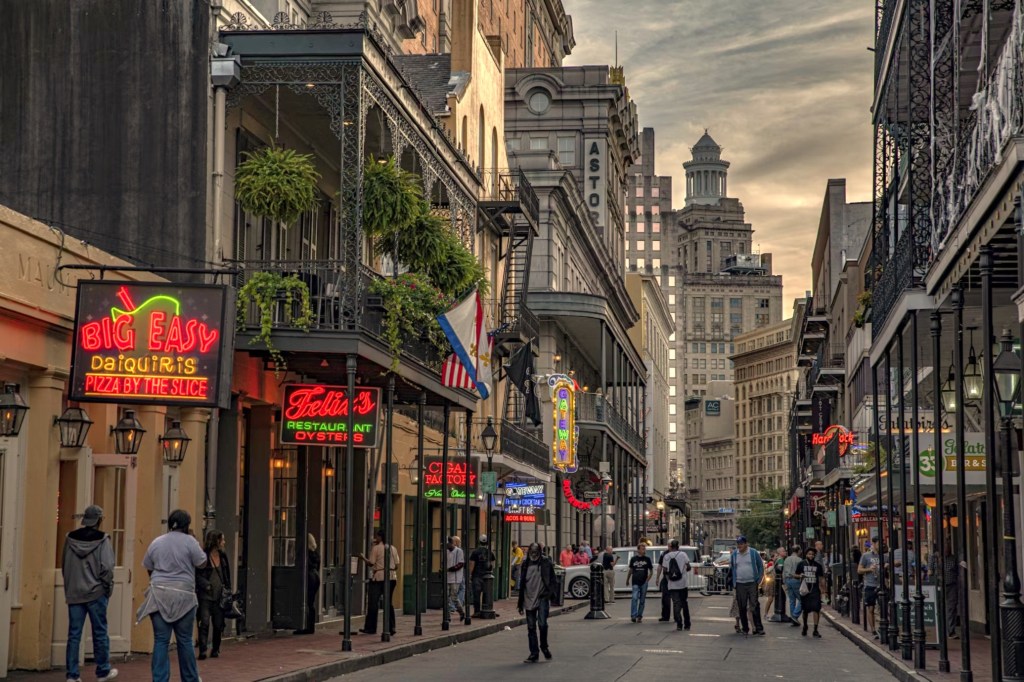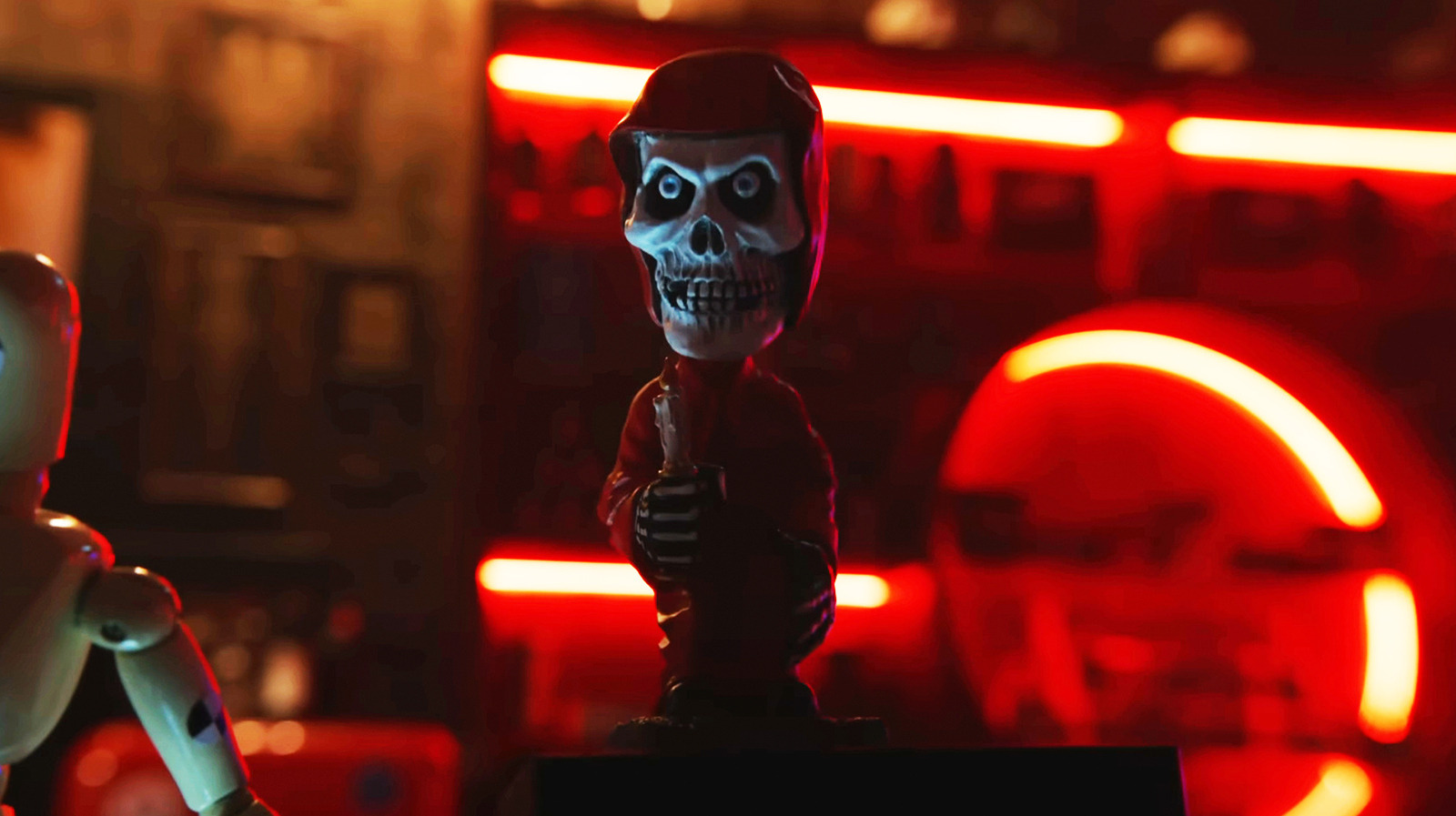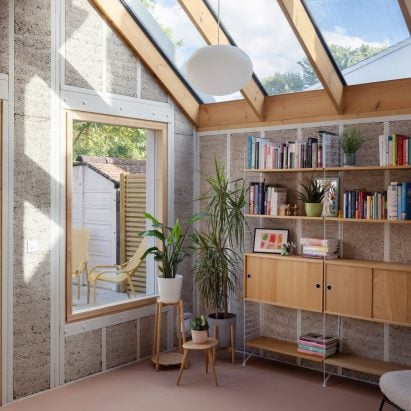“You Don’t Own Gaza, Donald Trump”: Palestinians Vow to Remain and Rebuild
Palestinians from Gaza responded with outrage to Trump’s proposal to expel them from their homes. The post “You Don’t Own Gaza, Donald Trump”: Palestinians Vow to Remain and Rebuild appeared first on The Intercept.

Mansour Abo Kareem stood in front of piles of rubble where his home used to be and condemned U.S. President Donald Trump’s threats to permanently expel all Palestinian from Gaza. “I am against migrating,” he said, staring into his nephew’s camera. “This is our land and we want to live in peace.”
He was responding to Trump’s suggestion at a White House press conference with Israeli Prime Minister Benjamin Netanyahu that the U.S. should take over the Gaza Strip and displace Palestinian residents to “other countries of interest with humanitarian hearts,” such as Jordan and Egypt.
“We have not yet emerged from the mass war of extermination waged by Israel and Trump comes and says that he wants the entire population to leave to unknown places,” said Abo Kareem, a 44-year-old professor and political researcher who spends his days recording lectures for students remotely and writing articles and political papers about the war. He is currently living in a tent in central Gaza.
Over the last year, he suffered from malnutrition, a prostate infection, and back pain from transporting water over long distances. Even still, he can’t imagine leaving Gaza. “I do not want to leave here. I have built my family and I want to stay. Going out and residing in another country will mean starting from scratch in forming social relationships and work relationships, and this is very difficult,” he wrote in a WhatsApp message to The Intercept.
The Trump administration has tried to walk back the president’s remarks, in which he stated it would be better for Palestinians to “occupy all of a beautiful area with homes and safety, and they can live out their lives in peace and harmony, instead of having to go back and do it again.”
But Palestinians in Gaza and those forcibly displaced by Israel’s 16-month war reacted with anger — fearing that Trump’s plan amounts to ethnic cleansing and that they will not be allowed to remain in or return to their homeland. Despite losing homes and loved ones, those who spoke with The Intercept had no interest in a long-term future outside of Gaza.
“He acts as if he owns Gaza, but I can say directly to him: You don’t own Gaza, Donald Trump. You don’t own Gazans and you have no right to decide what Gazans shall do,” said Noor Yacoubi, a 27-year-old who stayed in North Gaza with her husband and infant daughter during the war. A lack of food meant she lost almost 20 kilograms and had trouble breastfeeding. Most of her family evacuated to the south, and eventually to Egypt.
Despite the ceasefire, life feels stagnant, she said. Schools are closed, and there’s no easy way to get from one place to another or obtain construction materials to rebuild homes. That hasn’t stopped Yacoubi and her husband from trying to fix up their apartment in north Gaza. Israeli bombing broke the windows and damaged some of the walls and doors. Yacoubi and her husband have covered the broken windows with fabric.
Others have no homes to start fixing up.
After being besieged for nine days last February, Huda Skaik said the Israeli military took her and her neighbors to a hole and stripped men and older boys of their clothing. Then soldiers blew up her house. Kaik and many of her relatives are staying at their grandparents’ home until they can find a new place to live. “We refuse to leave Gaza and we refuse for anyone to decide these things on behalf of us,” she said.
In his recent remarks Trump spoke vaguely about a plan to rehabilitate Gaza and turn it into “the Riviera of the Middle East.”
“We’ll own it … get rid of the destroyed buildings, level it out, create an economic development that will supply unlimited numbers of jobs and housing for the people of the area … do something different, just can’t go back, if you go back, it’s gonna end up the same way it has for 100 years,” he said on Tuesday. Following sweeping criticism over the legality and morality of this plan, Trump appeared to soften his remarks. Trump’s spokesperson said on Wednesday that he was not committed to using the U.S. military on the ground and that the expulsion of Palestinians would be temporary.
This isn’t the first time Trump or his family have talked about developing Gaza. Last year, his son-in-law and former aide, Jared Kushner, said, “Gaza’s waterfront property, it could be very valuable, if people would focus on building up livelihoods.” In October, Trump chimed in, saying that “as a developer, [Gaza] could be the most beautiful place — the weather, the water, the whole thing, the climate.”
Even those who have seen the worst of Israeli destruction are hesitant to leave, and skeptical of Trump’s promises.
“This time, a third time, it’s going to be the same. We learn from history.”
Said Saloul, 25, said he’s still haunted by the human limbs and beheaded bodies he saw while helping rescue people during the war. Saloul does not trust Trump. “He is promising us things that are very deceptive,” he said. “Yes, Trump is going to rebuild Gaza but it’s critical if he will keep it for Israel or keep it for Gazans. We do not believe he will not rebuild it for the Palestinians.” Saloul reflects on previous episodes of displacement faced by Palestinians in 1948 and 1967. “This time, a third time, it’s going to be the same. We learn from history,” he said.
A few American citizens are still in Gaza. Salsabeel Elhelou, 40, used to live in the Sabra and Tel Al-Hawa areas with her extended family and three children. Elhelou sued the American government last year, arguing that its inability to evacuate her and other citizens from Gaza is discriminatory, given that the U.S. has routinely rescued others in similar, dangerous situations. Although she is currently trying to leave Gaza to protect and provide for her children, she insists that Trump does not have the right to decide the fate of people in the besieged Strip.
“We completely reject this decision in all forms — even if it is just an idea, it’s unacceptable to even consider it, let alone discuss it,” she said. “Gaza is our home where we live even if we wish to travel temporarily to seek safety for our children, it remains our land and we have a right to stay or return whenever we choose without any external authority deciding for us.”
Even many of those who have left Gaza want to return someday.
Afaf Ahmed, 22, was displaced more than seven times before escaping to Egypt with her two younger brothers, who are 13 and 20. But since they don’t have official residency, her brothers can’t attend school there, and she is having trouble opening a bank account and getting a driver’s license.
She lost more than 22 family members to Israeli attacks. Yet she wants to return, specifically to a building destroyed in the war where her father, uncles, and many cousins lived. It’s where her big family celebrated birthdays.
“It killed something inside of us when we received the news the house was bombed,” she said.
“I know for a fact that me and my cousins would definitely rebuild it. I know that.” She’s not thinking of returning to Gaza in the short-term and said she is concerned about raising her younger siblings. But the plan is still to return eventually: She wants to raise her children and be buried in Gaza, she said.
That’s partly why she’s furious about Trump’s remarks. “We’ve already given our blood, sweat, and tears for our homeland and it’s not going to stop because Trump decided: you know what, let’s move them somewhere else,” she said. “That’s not gonna happen and if it’s happening then it’s clear ethnic cleansing of Palestinians.”
Both of Ahmed’s parents are hesitant to leave Gaza. Even though her mother’s apartment has no electricity or running water, she frequently returns to clean the space. Ahmed was able to convince her mother to leave and join them in Egypt, but not her father. “The only reason he says that he has motivation to leave the Gaza Strip is because he wants to be reunited with us, but I know, I know deep down, he really wants to stay,” she said. When asked why, she said: “It just feels like we’re rooted there. It feels like the land basically is calling for us. I really cannot explain it.”
The post “You Don’t Own Gaza, Donald Trump”: Palestinians Vow to Remain and Rebuild appeared first on The Intercept.
